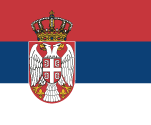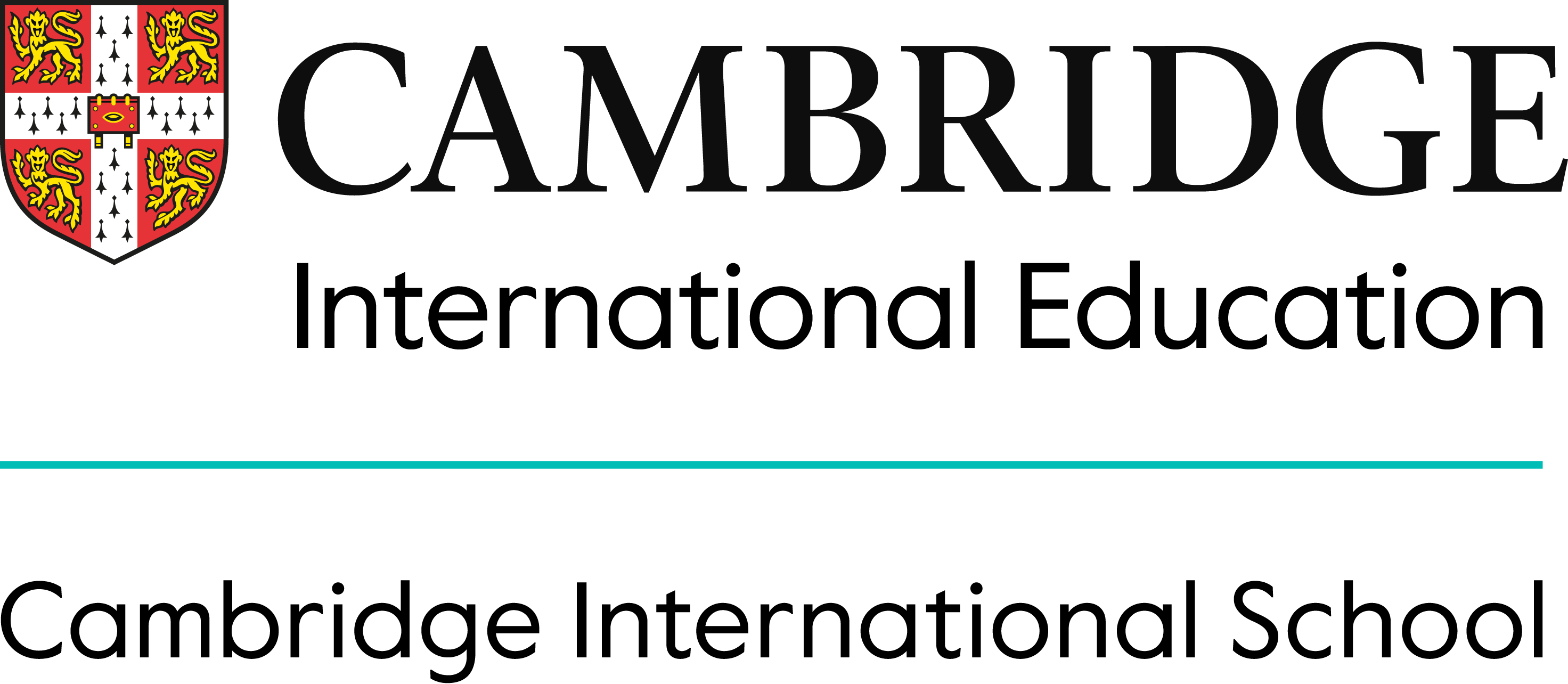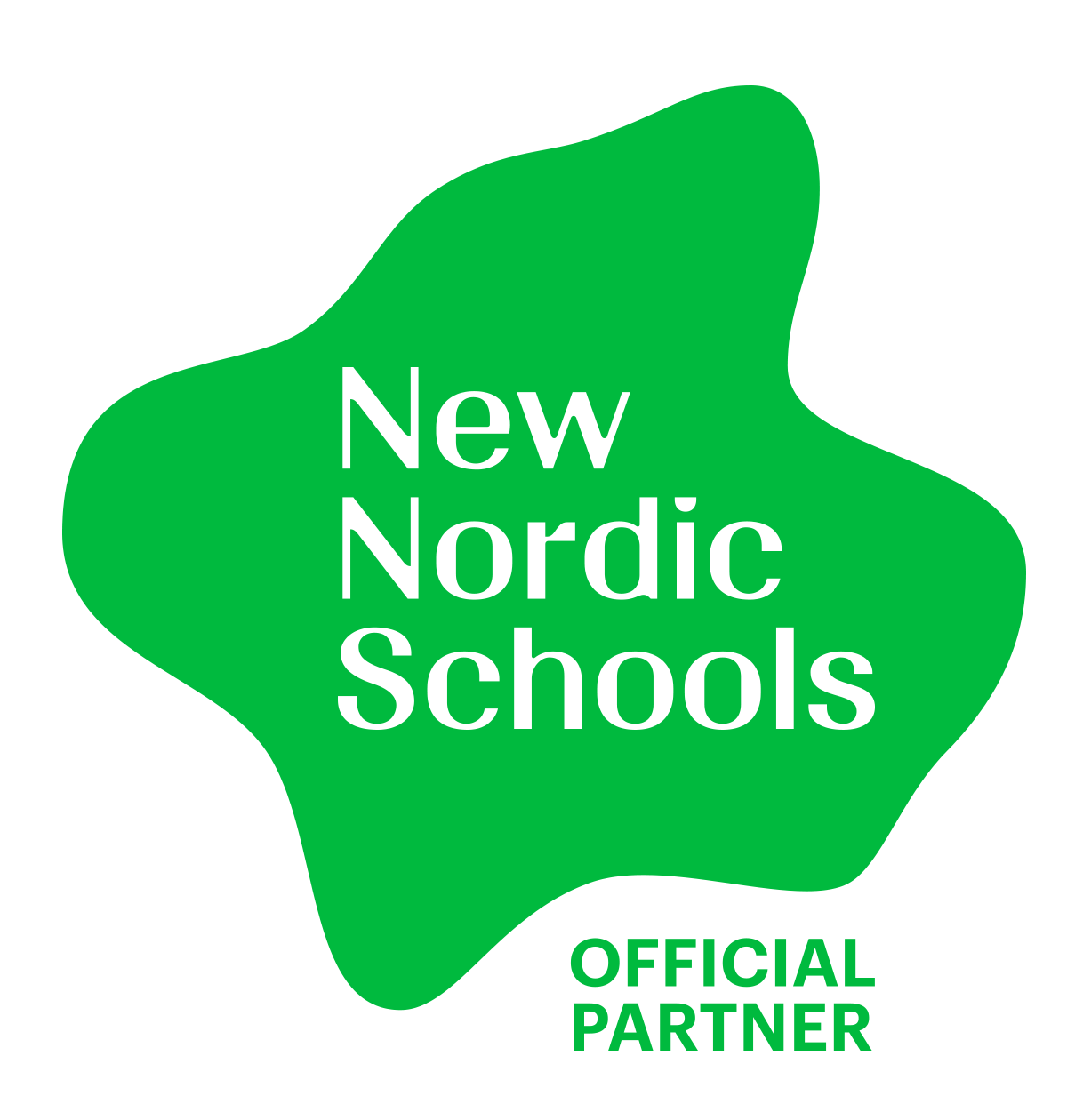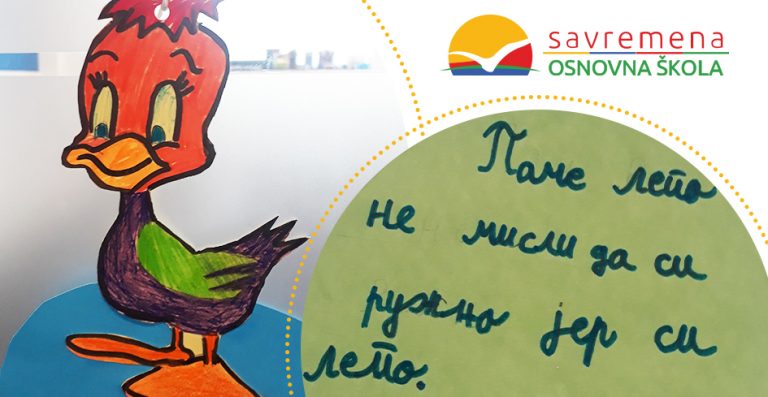
Educational workshop inspired by The Ugly Duckling: Empathising with others and empowering them to love themselves
Sasa Zdravkovic / / Blog, I-IV, Kombinovani, Nacionalni, V-VIII / April 5, 2021
Educational workshop inspired by The Ugly Duckling: Empathising with others and empowering them to love themselves
Learn how to comfort the ugly duckling and empathise with others at the exhibition
We are all familiar with the story of the ugly duckling and how it was rejected by its environment for being different.
Year 1 students had the task to comfort the ugly duckling in their own way, to cheer him up, and let him know how beautiful he is, and that he shouldn’t feel sad.
Although he travels the world by himself, the ugly duckling is not alone – not as long as there are those who understand him and empathise with him. One of the most inspirational fairy tales of all time has always provided great opportunities for quality teaching and educational work. Students in the Fun and Study programme approached the programme implemented by the school counsellor, Marija Bunjevčev, with great dedication.
CHILDREN’S WORKS BRING HOPE AND ENCOURAGE THE UGLY DUCKLING TO HOLD ON
The story of the ugly duckling marked all our childhoods – it is one of those instructive fairy tales that touches on the very essence of our emotions and helps us sympathise with those who suffer, or those who are rejected by society. This is why this particular fairy tale was used as a teaching method aimed at developing empathy, and promoting the right to diversity.
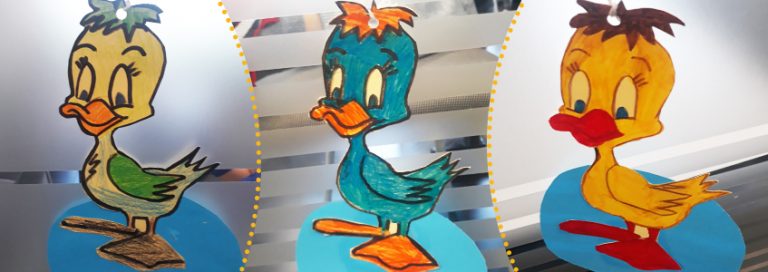
Children first answered questions, such as “What were the similarities and what were the differences between the ducklings?”, “Why did the other ducklings drive the black one away?”, and “How did the black duckling behave when it was left alone?”. Finally, we directed some of the questions at the kids, asking them – how do they behave when they meet someone different from themselves?
Their answers were full of compassion, and the children’s ‘reading’ of this tale was genuinely touching. After presenting their personal attitudes and impressions, the children were asked to comfort the ugly duckling using messages they designed, drew, wrote, modelled and glued themselves. And this is how this beautiful adventure started.
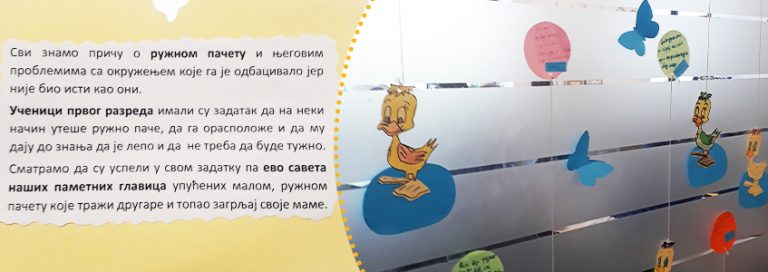
The result was a colourful panel with touching and comforting children’s writings. Children could also paint the ugly duckling model using whatever colour they wanted, so some of the works were yellow and blue, while the others were painted in many different colours. Year 1 students certainly outdid themselves! The little duckling who craved the comforting embrace of his mother and to have friends managed to find happiness in the fairy tale, but it also gained a lot of sympathy and found true friends among the students of Primary School Savremena.
FAST PROGRAMME – TO MAKE THE SCHOOL DAYS AS CREATIVE AS POSSIBLE
In addition to regular lessons, primary school students also have time dedicated to identifying and developing their talents. Fun and Study Time (FAST) is an ideal way to use the periods before and after class as interestingly as possible. In this programme, students have fun, engage in creative activities, sports, art and cognitive development, and develop their creative thinking.
They often have suggestions of their own with regard to activities, and with the mentor’s support, they turn these suggestions into fun group activities. Activities similar to this educational workshop allow Savremena students to strengthen their personality and become aware of various aspects of social and cultural life.
The important things they have learnt this time include learning to love ourselves the way we are, to respect nature and our physical appearance, to love others and understand diversity.
The great messages children sent to the ugly duckling are the best proof. Children comforted the duckling, and told him to look at himself in the mirror more often and to smile – thus helping him realise that he is not an ugly duckling, but a beautiful swan; finally, they told him: “We love you, duckling”.
